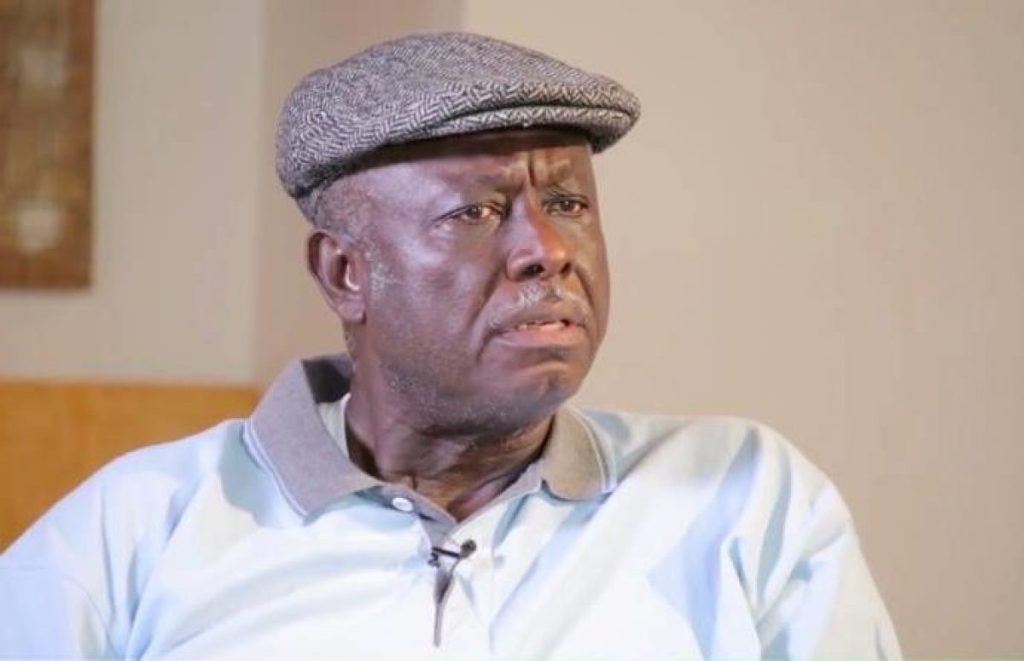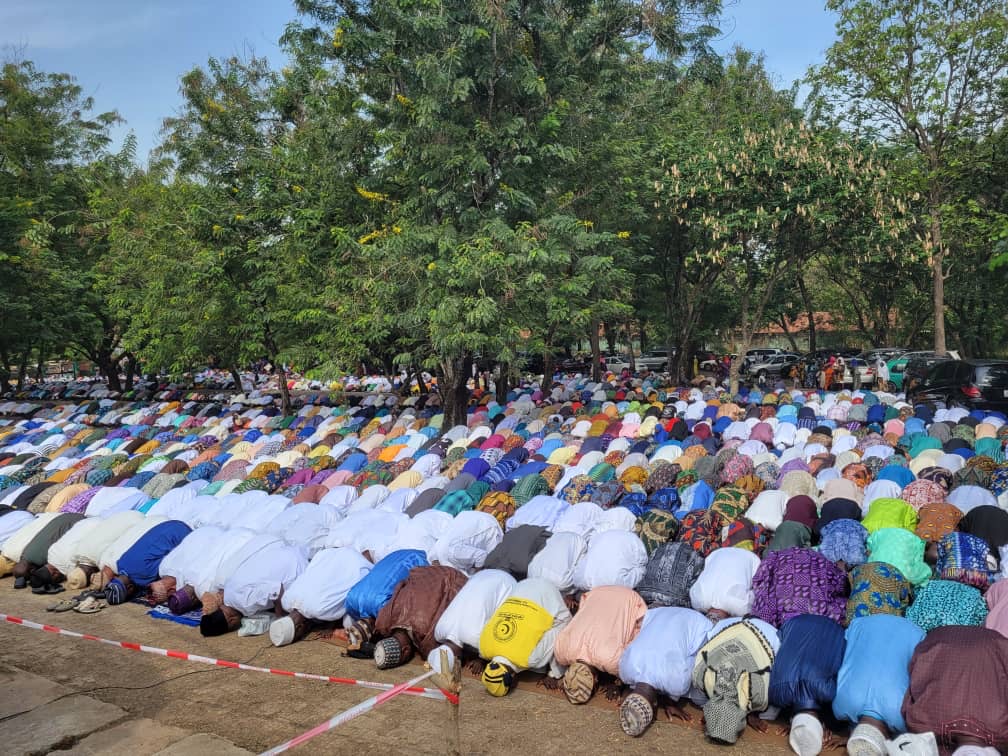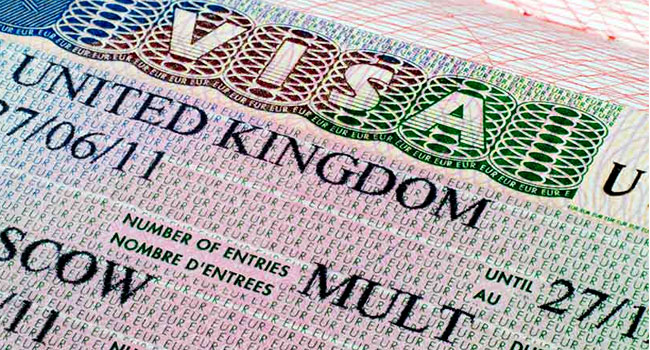The African Democratic Congress (ADC) has appointed former Nigerian Senate President David Mark and ex-Interior Minister Rauf Aregbesola as interim leaders, marking a significant shift in the party’s direction. The oath-taking ceremony, held Tuesday in Abuja during the party’s 99th National Executive Committee (NEC) meeting, underscores efforts to revitalize the opposition party ahead of future elections.
Mark, a former military administrator of Niger State, assumed the role of interim national chairman, while Aregbesola, who previously governed Osun State, was sworn in as interim secretary. In his inaugural address, Mark emphasized commitments to institutional reforms, including stricter adherence to democratic principles. “Under my leadership, we will prioritize internal democracy, transparency, and accountability,” he declared, vowing to eliminate favoritism and ensure fair representation. The party pledged to reserve 35% of leadership positions for women and actively engage Nigerians under 40 in decision-making roles.
To advance its agenda, Mark announced a 50-member Policy Committee tasked with revising the ADC’s manifesto and proposing reforms across critical sectors such as governance and economic policy. The move signals an attempt to broaden the party’s appeal and address Nigeria’s socio-political challenges.
Outgoing chairman Ralph Nwosu framed the leadership transition as a triumph for democracy, citing the ADC’s refusal to acquiesce to pressures that he claimed aimed to consolidate power under a single party. “We rejected dictatorship and financial enticements,” Nwosu stated, alluding to concerns about Nigeria’s political landscape. His remarks hinted at broader tensions within the country’s multiparty system.
The NEC meeting also saw the reinstatement of previously expelled members, though 2023 presidential candidate Dumebi Kachikwu remained excluded. A resolution dissolved the former National Working Committee (NWC) and Board of Trustees (BoT), granting the interim leadership full authority until new party congresses are conducted.
The appointments of Mark and Aregbesola, both established political figures, reflect the ADC’s strategy to leverage experience while courting younger demographics and women—a balance increasingly central to Nigeria’s evolving electoral dynamics. With Nigeria’s next general elections approaching, the party’s restructuring efforts and policy overhaul could position it as a vocal advocate for governance reforms and inclusive politics.



